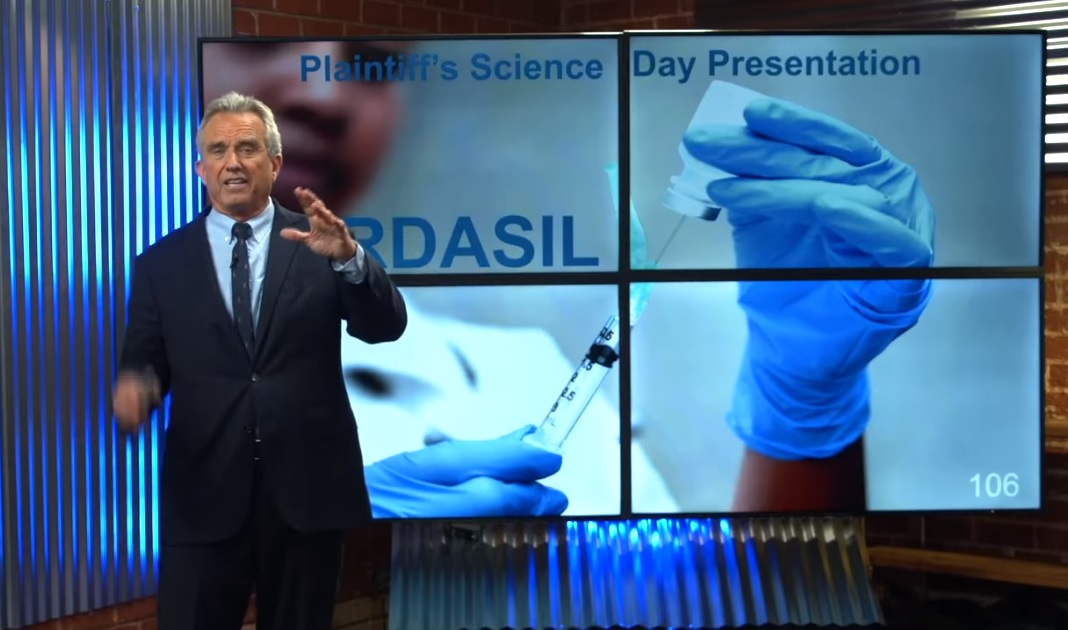Study: Gardasil Vaccine Linked to Autoimmune Diseases
The powerful government-pharmaceutical industry partnership that has been foisting human papillomavirus (HPV) vaccination on girls and boys around the world since 2006 now has working-age adults within its sights. Merck’s Gardasil 9 received U.S. Food and Drug Administration (FDA) approval for expanded use in the 27-45 age group in late 2018, and there are signs that a campaign is afoot to achieve the same end result in other countries. HPV vaccines have been linked to over 100,000 reported adverse events globally, including disabling autoimmune conditions and deaths, but officials seem unconcerned. Merck set the tone for the truth-stretching claim that HPV vaccine risks are “negligible” when it conducted its initial clinical trials for Gardasil and dismissed as irrelevant the serious medical conditions that arose—within seven months—in half of all participants who received the vaccine. In a new study in Pathobiology, two of the most-published researchers on this topic report on the overlap between human proteins and HPV antigens. The authors consider their results indicative of “a cross-reactivity potential capable of triggering an extremely wide and complex spectrum of autoimmune diseases.” Using cutting-edge molecular biology techniques to look at matching peptide sequences in HPV “epitopes” and human proteins, Kanduc and Shoenfeld examine epitopes from 15 different HPV types, including eight of the nine types included in Gardasil 9. With 500 micrograms of aluminum adjuvant, Gardasil 9 has more than double the amount of aluminum contained in the original Gardasil vaccine.



